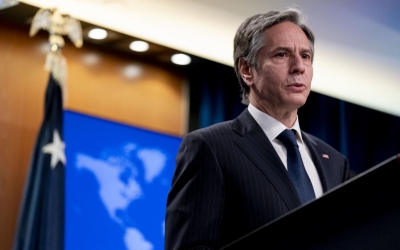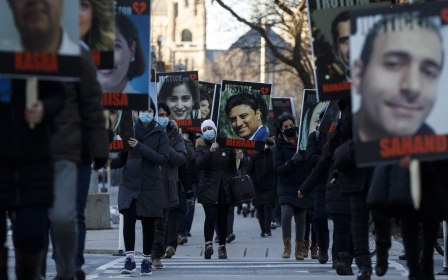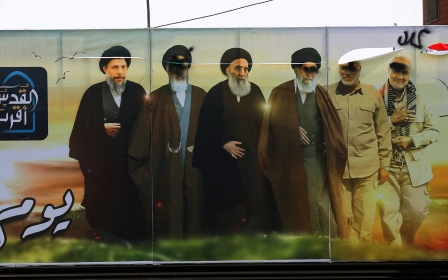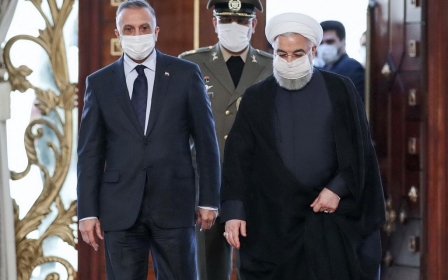Iran says deal with UN nuclear inspectors expired but extension possible
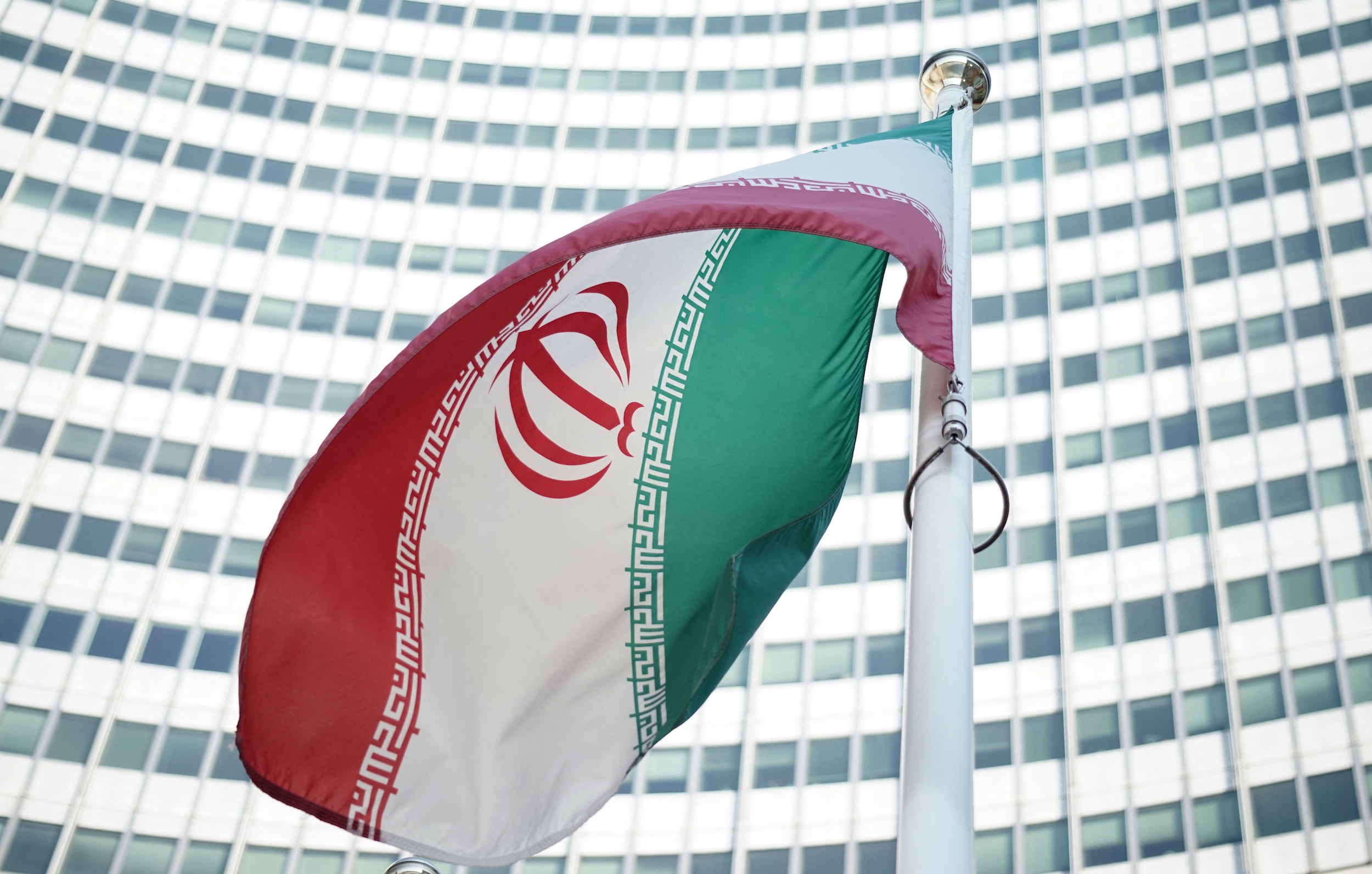
Iran has restricted the access of UN inspectors to its nuclear facilities, Iranian parliament speaker Mohammad Baqer Qalibafa announced on Sunday, but on the same day reports suggested that an agreement restoring the previous level of inspections could be imminent.
Late last year, the Iranian parliament passed a law that would downgrade the access of officials from the UN nuclear watchdog (IAEA) to the country's sites in response to the assassination of Iranian scientist Mohsen Fakhrizadeh.
But as the law came into effect, the Iranian government struck a deal with the IAEA, granting the agency access to video footage from Iranian nuclear facilities. Now that agreement has expired amid ongoing talks in Vienna to restore the nuclear accord between Iran and world powers.
"From May 22 and with the end of the three-month agreement, the agency will have no access to data collected by cameras inside the nuclear facilities agreed under the agreement, and cannot transfer them," Qalibaf told Iranian lawmakers on Sunday.
As the announcement emerged, multiple news reports said talks between Iran and the IAEA remain ongoing and a one-month extension of the agreement may be announced soon.
"The consideration of this issue stems from Iran's goodwill to give an opportunity to the ongoing negotiations process in Vienna," Iran's Nour News quoted an Iranian official as saying.
"If the decision is finalised, the negotiating parties are expected to seize the opportunity that Iran will give them again and facilitate the process of reaching an agreement by accepting Iran's legal demands."
The Iran nuclear deal granted the IAEA additional access to Iranian nuclear sites, beyond normal inspections mandated by the Treaty on the Non-Proliferation of Nuclear Weapons to which Iran is a party (NPT). Inspectors' access under the NPT remains.
Talks in Vienna to revive the nuclear agreement are expected to resume next week.
Former President Donald Trump nixed the multilateral pact, known as the Joint Comprehensive Plan of Action (JCPOA), in May 2018 and started piling sanctions on the Iranian economy as part of his "maximum pressure" campaign.
In response, Iran has been loosening its commitments to the pact.
The JCPOA, signed in 2015 by then-President Barack Obama, saw Iran scale back its nuclear programme in exchange for the lifting of international sanctions against its economy.
US says progress has been made
US President Joe Biden is seeking a return to the agreement, but the parties have yet to agree on a path forward to revive it.
Washington says it eventually wants to push to make the deal "longer and stronger" and use it as a platform to address broader issues with Iran, including the Islamic Republic's ballistic missile programme and regional activity.
On Sunday, US Secretary of State Antony Blinken said the talks in Vienna are making progress in clarifying what each side needs to do to restore the deal.
"The question that we don’t have an answer to yet, is whether Iran at the end of the day is willing to do what is necessary to come back into compliance with the agreement," Blinken told CNN. "That’s the proposition that we’re testing."
The Biden administration has rejected Republican demands to abandon negotiations with Tehran over alleged Iranian support for Hamas.
Earlier on Friday, Iranian authorities reported that nine people were injured at a chemical factory in Isfahan, central Iran.
"The reason for the explosion at the Sepahan Nargostar chemical industry is under investigation while nine injured people have been transferred to hospital," spokesman Abbas Abedi of the province's medical emergency centre told the Mehr state news agency.
Middle East Eye propose une couverture et une analyse indépendantes et incomparables du Moyen-Orient, de l’Afrique du Nord et d’autres régions du monde. Pour en savoir plus sur la reprise de ce contenu et les frais qui s’appliquent, veuillez remplir ce formulaire [en anglais]. Pour en savoir plus sur MEE, cliquez ici [en anglais].


